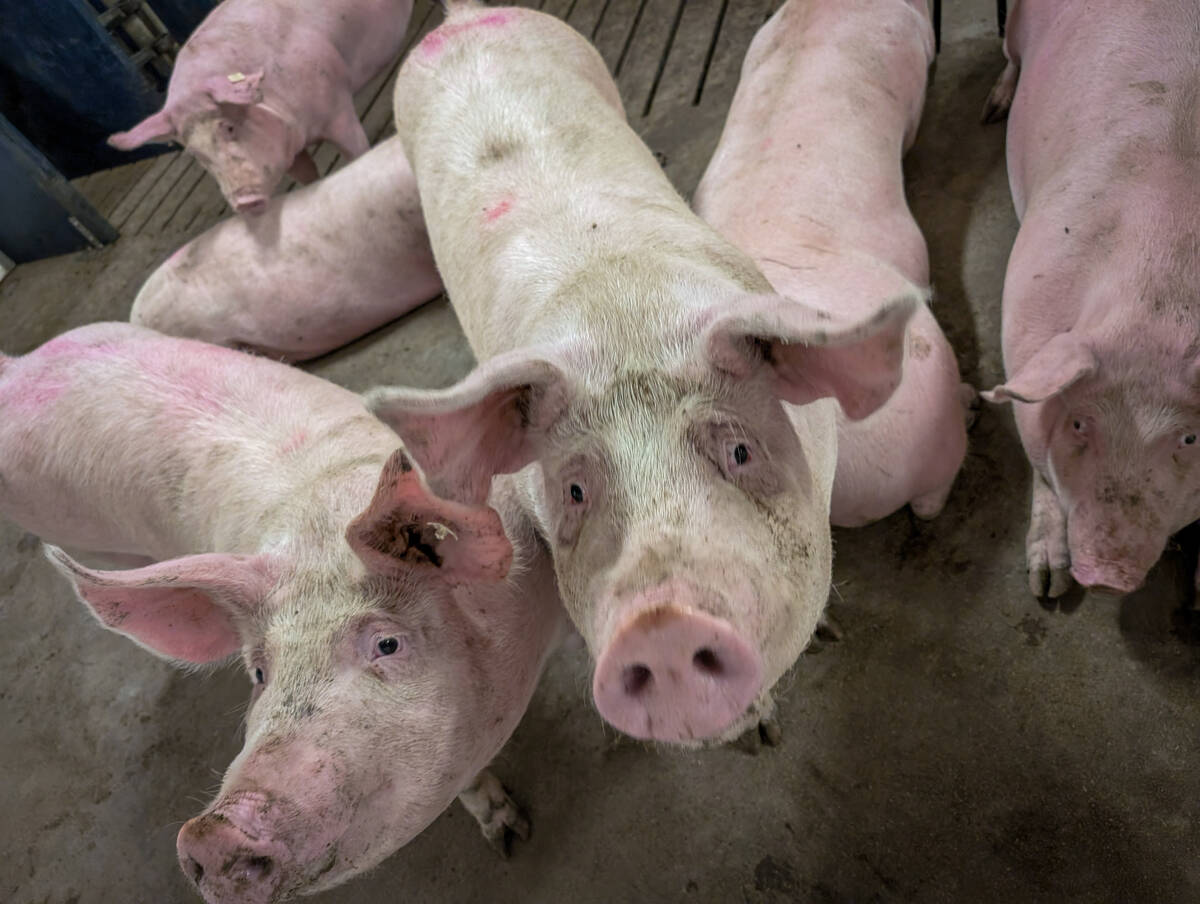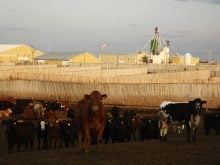A rule to allow live Canadian cattle into the United States appears to have stalled.
“The United States has not given any indication of timing,” said Blair Coomber, director general for international trade policy at Agriculture Canada.
“It is our contention that a closed border causes significant repercussions for the U.S.,” he told the annual meeting of the Canada Beef Export Federation in Calgary Sept. 25.
Some U.S. packing plants are running on short hours because they relied on Canadian cattle and are not getting enough animals to slaughter.
Read Also

Pork sector targets sustainability
Manitoba Pork has a new guiding document, entitled Building a Sustainable Future, outlining its sustainability goals for the years to come.
Still, information on the rule’s progress is elusive.
Federal agriculture minister Andy Mitchell met with U.S. agriculture secretary Ann Veneman on Aug. 28, but has received no further indications on what is happening.
Canada knows the rule remains within the U.S. Department of Agriculture. Once completed, it moves to the Office of Management and Budget for review.
No one knows the exact contents of the rule, but it is certain some classes of beef and cattle are likely to remain off the list of accepted products.
“Cattle over 30 months of age are likely to be excluded from the final rule,” Coomber said.
In addition, Canadians should expect a legal challenge from the Ranchers-Cattlemen Action Legal Fund once the rule is posted.
“We intend to work with U.S. authorities to ensure that any misrepresentations made by R-CALF of the health of the Canadian herd for export are corrected,” he said.
R-CALF may challenge the rule and some other groups may object to the extra beef Canada is attempting to export. Estimates of an extra 500,000 tonnes of beef for sale by 2007 could arouse trade retaliation.
The Canadian Cattlemen’s Association has prepared its defence for any potential lawsuits.
“We are all looking at preparing to deal with an R-CALF challenge in the event it happens,” said Dennis Laycraft, executive vice-president of the cattlemen’s association.
R-CALF is saying it is ready for a challenge before the rule is even published. It receives USDA updates every 45 days and will get five days notice before the rule is published.
“Everybody contacts USDA to get an update so I don’t know if it makes that much difference,” said Laycraft.
No one is clear what area the group could challenge. Its successful lawsuit last spring on the grounds of procedural errors stopped the USDA from allowing a broader permit list for bone-in products.
Laycraft said R-CALF cannot use the procedural angle this time so it may have to find scientific and economic arguments.
“It’s not clear to me how they could develop significant grounds to bring a valid case forward. That won’t necessarily stop them from trying.”
Industry groups, the Canadian government and the USDA are likely to oppose them.
“Who knows? Maybe they’ll back down from their threat,” said Laycraft.

















